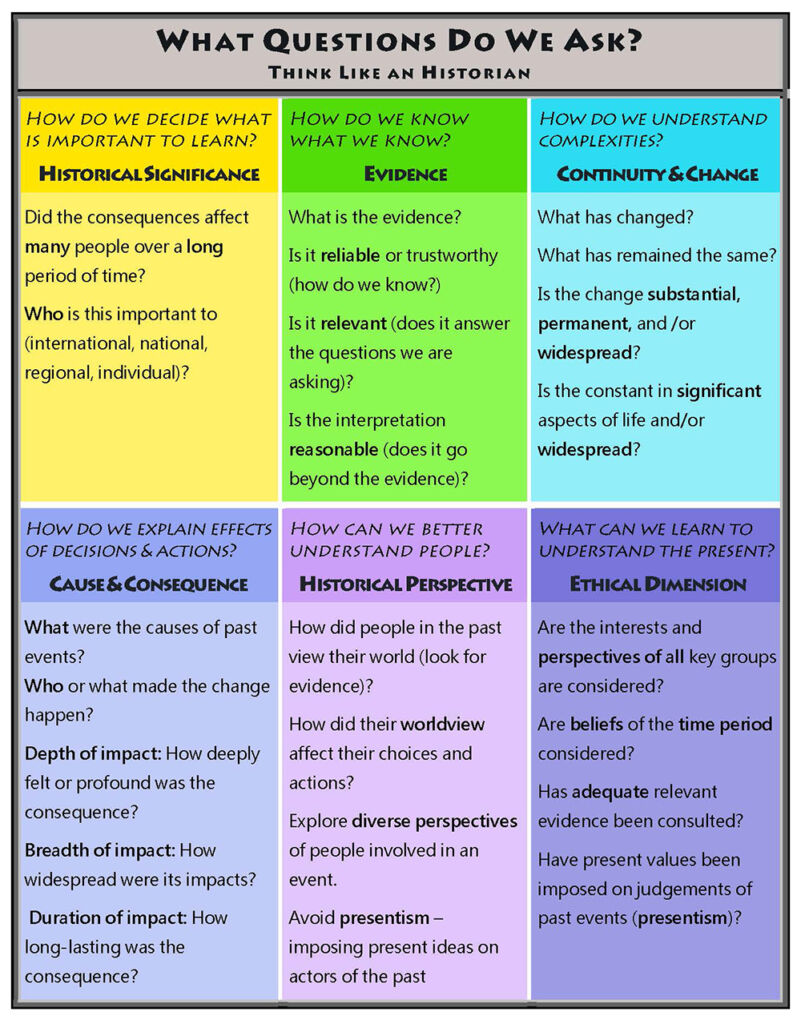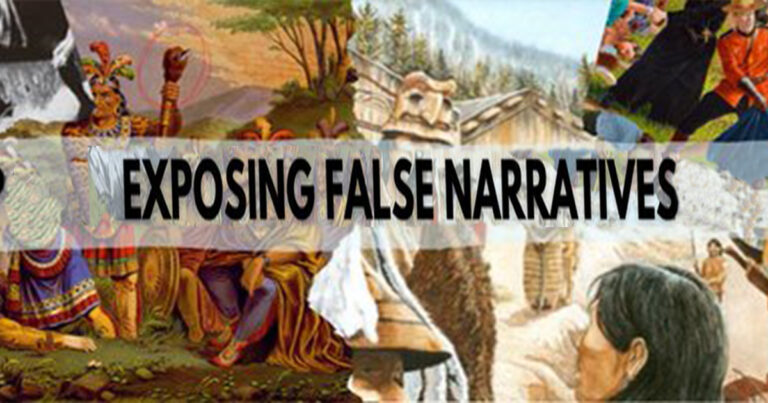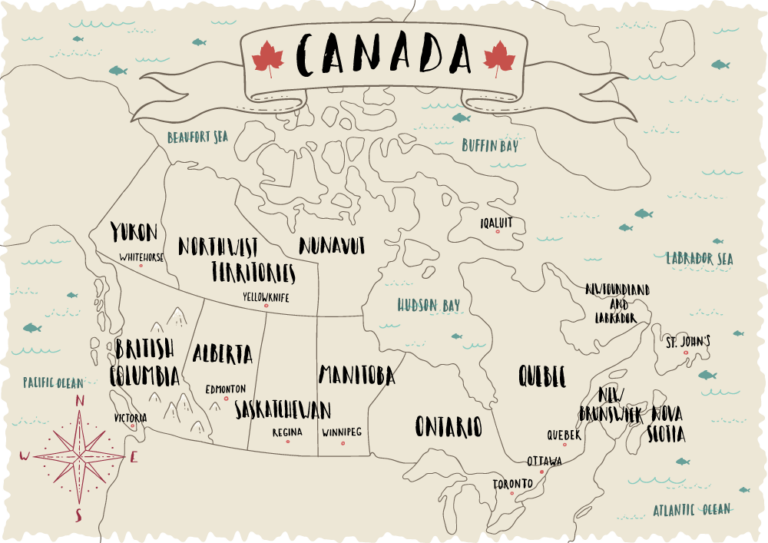Fostering Critical Thinking in the Study of History
The study of history offers a fertile ground for cultivating critical thinking skills in young minds. By embracing the six Historical Thinking Concepts, educators can equip students with the framework to evaluate historical events and sources with the discernment of historians. These concepts, namely Historical Significance, Evidence, Continuity and Change, Cause and Consequence, Historical Perspective, and Ethical Dimensions, provide a lens through which students can analyze the past.
The historical questions associated with each concept guide students to engage in critical thinking skills, such as questioning the reliability of sources, identifying bias, and constructing supported arguments.
Through repeated practice in applying these skills, students progressively refine their historical thinking abilities.
Our free unit studies are available to further enhance understanding and provide practical tools for fostering critical thinking in the study of history. By empowering students with these essential skills, educators lay the foundation for future generations to navigate the complexities of historical discourse and make informed judgments about the past.
See the free lesson: Let’s Find Out About The Historical Significance of Canada’s Railway
PDF Poster: Six Historical Thinking Concepts (as below).





